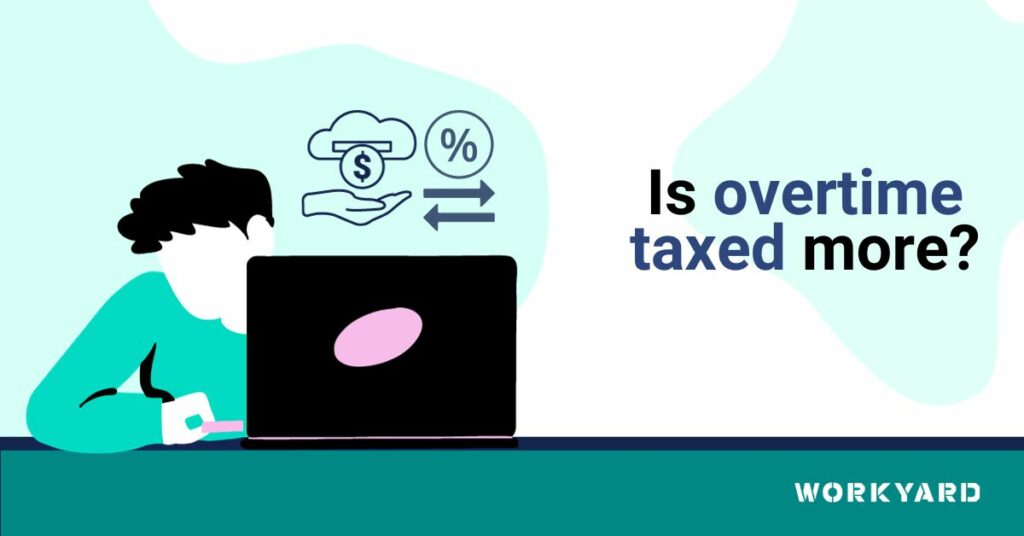The question of whether overtime is taxed more is a common concern among workers seeking to understand the financial implications of extended work hours. While overtime earnings are not inherently taxed at a higher rate, there are nuances that individuals should be aware of to make informed financial decisions.
Overtime pay is the additional compensation provided to employees who work beyond their regular hours, typically exceeding 40 hours per week. This additional pay is often calculated at a rate of one and a half times the employee’s regular hourly wage.
Overtime earnings have the potential to push individuals into a higher tax bracket. The United States tax system operates on a progressive structure, where higher income levels are subject to higher tax rates. While the additional income from overtime itself is not taxed at a higher rate, it may result in a higher percentage of that income being withheld for federal and state taxes.
When employees work overtime, their employers often withhold a higher percentage of taxes from their paychecks due to the progressive tax structure. This may create the perception that overtime is taxed more, but in reality, it reflects the increased income putting individuals in a higher tax bracket.
It’s essential to distinguish between the marginal tax rate and the effective tax rate. The marginal tax rate represents the percentage of tax applied to the last dollar earned, while the effective tax rate is the average rate paid on the total income. Overtime earnings may be taxed at a higher marginal rate, but the effective rate considers the overall income.

